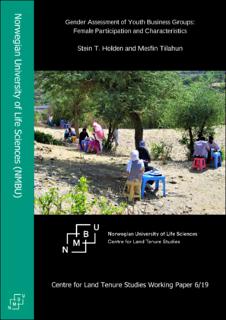Responsible agricultural mechanization innovation for the sustainable development of Nepal’s hillside farming system
Agricultural mechanization in developing countries has taken at least two contested innovation pathways—the “incumbent trajectory†that promotes industrial agriculture, and an “alternative pathway†that supports small-scale mechanization for sustainable development of hillside farming systems.




